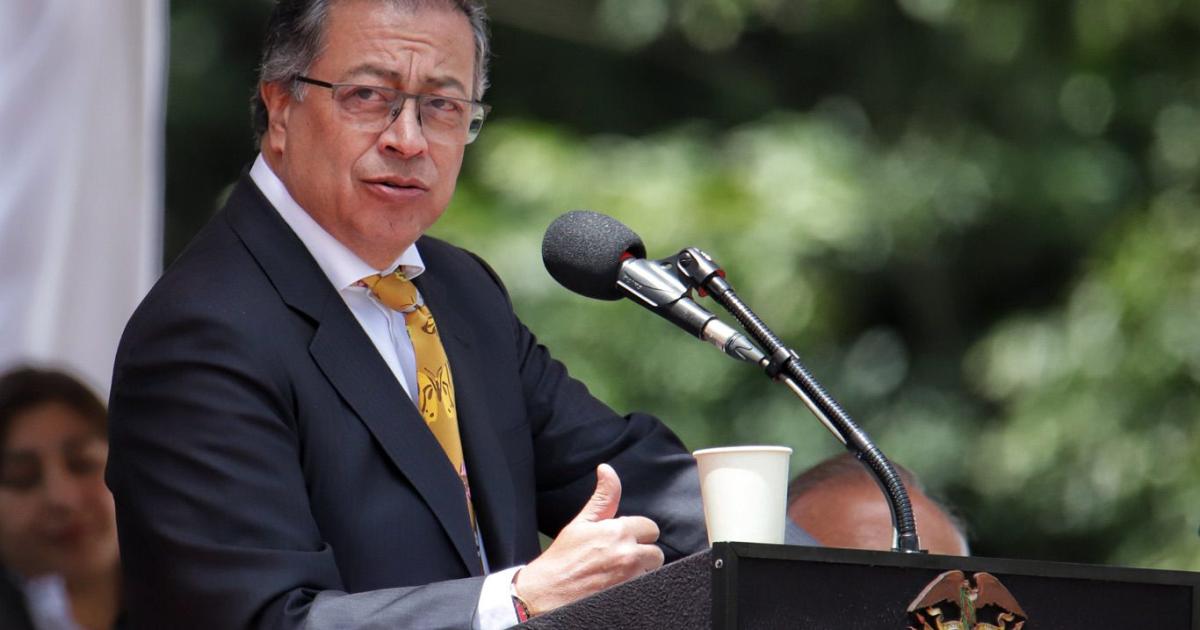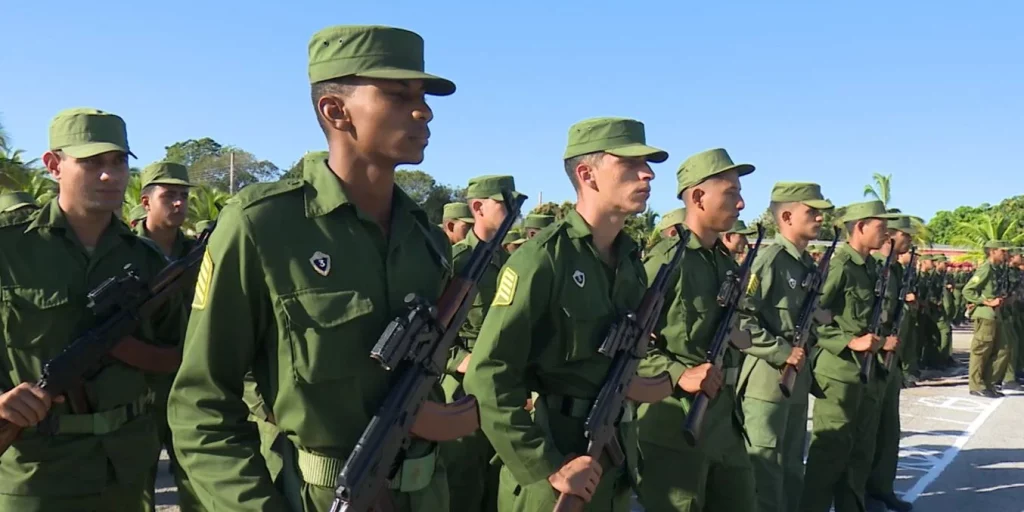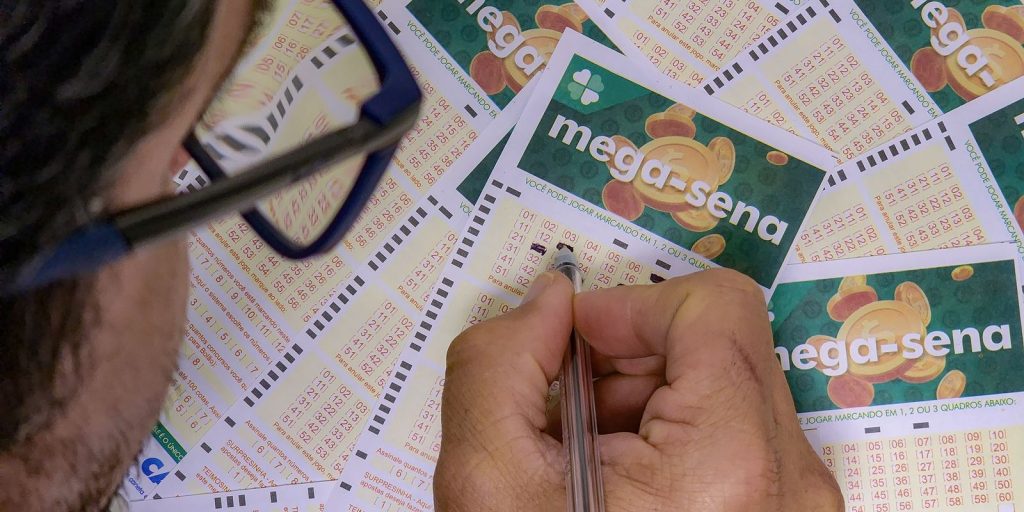Petro denied any paramilitary infiltration into Venezuelan territory and defended the decision to take the ELN case to the UN.
President, Gustavo Petro, once again referred to the crisis in Venezuela.
Camila Díaz – RCN Radio.
The violence in the Catatumbo region, a product of the clashes between the ELN and the FARC dissidents, has unleashed a new diplomatic controversy between Colombia and Venezuela. The discussion intensified after a Venezuelan parliamentarian made statements that caught the attention of President Gustavo Petro.
In a public hearing, the Venezuelan politician criticized the announcement by the outgoing Colombian Foreign Minister, Luis Gilberto Murillo, about the complaint that Colombia plans to present before the UN Security Council regarding crimes against humanity attributed to the ELN in Catatumbo.
You may be interested in: Minister of Defense met with his Venezuelan counterpart, Vladimir Padrino, due to the Catatumbo crisis
The parliamentarian expressed: “We are in the first presence of a Trojan horse to inoculate paramilitaries in Venezuela “given the failure of the energetic, determined and efficient action of the revolutionary government, of not allowing mercenaries in Venezuela because the vast majority have been captured.”
He also warned about the implications of internationalizing the conflict, noting: “If it is determined that to eradicate and resolve the conflict the national border must be crossed, the invasion of the blue helmets would be carried out.”.
Faced with these statements, President Gustavo Petro responded categorically through his account on X, formerly Twitter.
The president denied cany paramilitary infiltration into Venezuelan territory and defended the decision to take the ELN case before the UN Security Council.
“Since the Venezuelan parliamentarian here speaks about the internal politics of my government, I must respond to him for public clarity. 1. From the government of change there are no paramilitary infiltration operations in Venezuelan territory. I reject such statement. The chancellor is appointed by the president and obeys the president’s international policy 2. The ELN case is brought to the United Nations security council, because The agreement signed with the FARC in 2016, which had the support of Venezuela and President Chávez and Maduro at that time, is a Unilateral Declaration of State, delivered in 2017 to the Security Council; “The declaration makes the peace agreement with the FARC obligatory and supraconstitutional, among whose points are guarantees for the lives of the peace signatories,” Petro wrote.
Furthermore he said that “The ELN murdered peace signers, several of their relatives, in a state of defenselessness, and kidnapped others without returning them.”; It has displaced almost all of the peace signatories in the region and even threatens the peace signatories who joined my own political movement in Norte de Santander: the Historical Pact; “These events constitute an international crime against peace, in addition to the crimes against humanity committed against the defenseless peasantry of the region, many of Colombian and Venezuelan origin.”
Petro too extended a call to the Venezuelan government to work together in the fight against illegal armed organizations financed by drug traffickingensuring that this scourge affects both countries and other regions of the continent.
Also read: National Government offered rewards of $3 billion for ELN leaders
“The border must return to the control of the two states. That the border regains peace and legality is the basis of peace of the two countries and their prosperity,” the Colombian president pointed out in his extensive message.
This exchange of statements shows the complexity of the relations between both countries in the midst of a security crisis that transcends borders and poses great challenges for bilateral cooperation.
Source: Integrated Information System
















